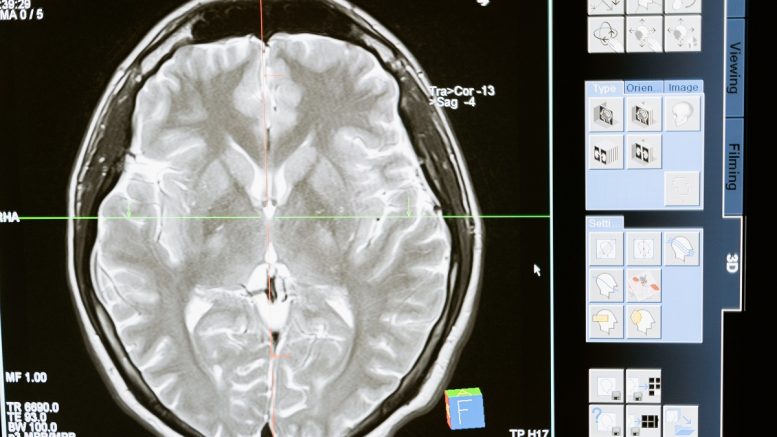In a sad and unfortunate circumstance, you may have hit your head badly during a personal injury accident. When you suffer from head trauma, it is likely that you experienced a type of brain injury. These wounds are one of the most serious because they have long-term consequences that can negatively impact your life. The long-term effects of a brain injury vary depending on the severity and type of the injury. Most people with mild to moderate injuries recover fully or make significant progress in a few months, while those with severe injuries may experience long-term problems. According to Jacksonville personal injury lawyers, you can experience the following long-term effects of brain injuries:
Cognitive Impairment
Difficulties with thinking, memory, attention, and concentration are common.
Personality Changes
Changes in behavior or personality may occur because of a brain injury.
Physical Impairments
Weakness and paralysis as well as problems with balance, coordination, and endurance may be present.
Sensory Issues
Those who have experienced a brain injury may experience difficulty with vision, hearing, taste, and smell.
Emotional Problems
People may have emotional difficulties such as depression, anxiety, or irritability.
Poor Communication
People may have difficulty understanding language or speaking clearly after a brain injury.
How Brain Injuries Occur
Brain injuries can occur in a variety of ways. The most common causes include:
Motor Vehicle Accidents
Motor vehicle crashes are the leading cause of brain injury in the United States. Car crashes can happen when a negligent driver rams into a victim’s vehicle, causing them to hit their head on the steering wheel, dashboard, car ceiling, or window. They can also get hit in the head with a projectile object, putting them at risk of a pierced skull. Wearing a seatbelt and defensive driving is the most effective way to prevent brain injuries caused by motor vehicle crashes.
Sports and Recreational Activities
Another way that long-term brain injuries happen is in sports and recreational activities which can cause trauma. For example, you can suffer from concussions or traumatic brain injury (TBI). Wearing a helmet when engaging in activities that involve potential head injury is the best way to prevent TBI.
Medical Malpractice
Brain injuries can also occur due to medical malpractice, exposure to toxic substances, and medical conditions like stroke and aneurysms. In some cases, birth trauma or complications during delivery can also lead to brain injury.
Defective Products
In some cases, a defective product can also lead to a brain injury. This can include faulty medical devices, such as an infusion pump that delivers too much medication to a patient or a malfunctioning airbag in a car. Manufacturers have a responsibility to produce products that are safe and effective.
Violent Activities
A brain injury may be the result of physical assaults, gunshot wounds, and other acts of violence.
Preventing brain injuries is important, as the long-term effects can be devastating. If you recently experienced a head injury, seek medical help immediately and follow all recommendations for care. Early diagnosis and treatment are key in managing the long-term effects of a brain injury.





